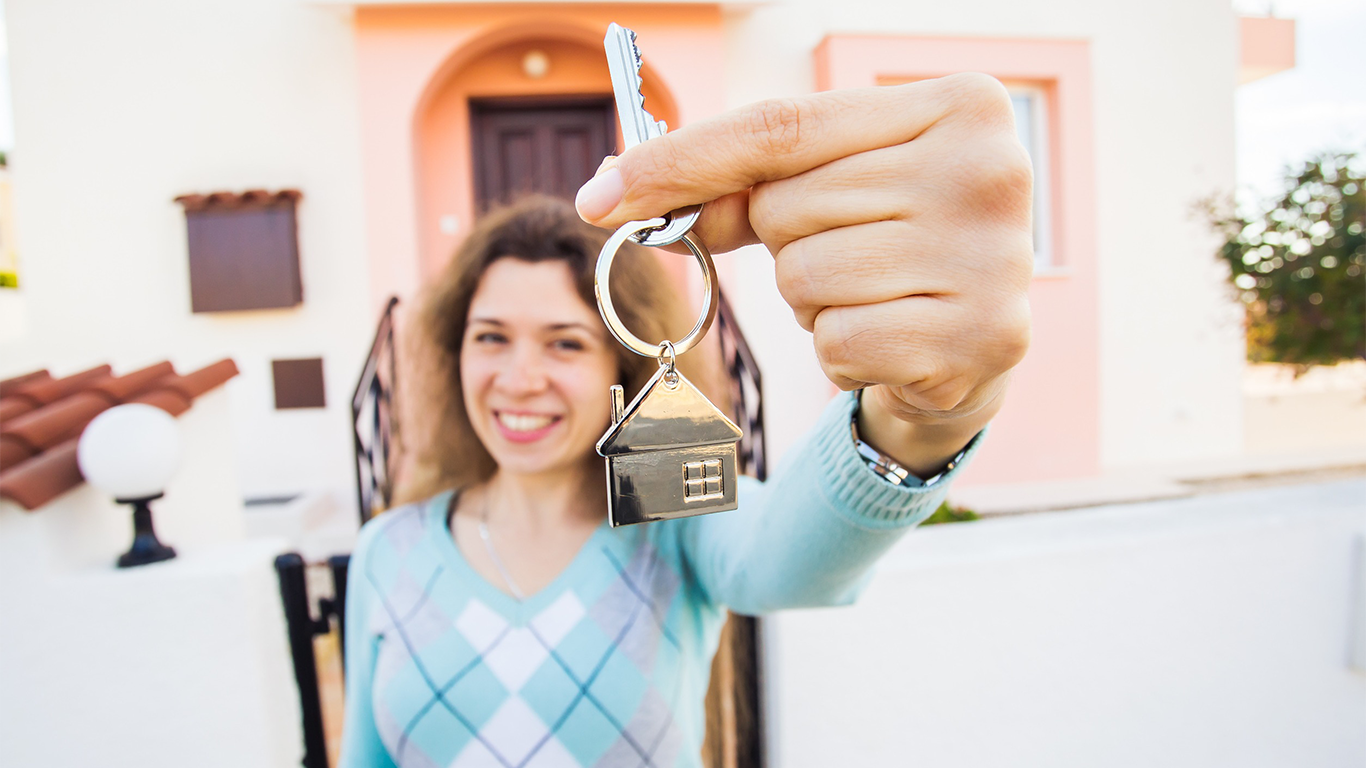As an experienced real estate agent in Arizona, one common question I often get from first-time homeowners who want to buy property in different neighborhoods within the state is, “What do I need to know about property tax rates in Arizona?”
Here’s a summarized answer:
Arizona property tax rates are among the lowest rates in the USA. Homeowners pay an average of about 0.63 percent of the total of the real property. The rate can increase or decrease depending on a variety of factors, including which neighborhood you live in, the calendar year, and the revenue targets the state sets to achieve.
Want to learn more about these tax rates? Here’s a deep dive into what they are, why homeowners pay them, how much you can expect to pay, and when you’ll need to make payments.
How Property Tax Rates Work in Arizona
Property taxes in Arizona are an essential source of revenue for the state of Arizona – as any other state within the US. According to the Arizona Department of Revenue, the revenue collected is helpful in:
– Funding local government entities
– Schools within the state – including colleges
– Special taxing districts
The state of Arizona sets two types of property tax rates to satisfy some of their obligations. These include:
- Primary property tax rate: The money is helpful in essential maintenance & operation of different government entities
- Secondary property tax rate: The money collected helps in paying for bonded debt, property tax overrides, and special district taxes
After buying a property within the state, the state will send a local assessor to assess the estimated cash value. The value of the property will depend on several things:
- The classification of the property: Arizona classifies the property depending on the use (residential, commercial, or industrial) to ensure a fair valuation
- The market value of other properties within your neighborhood
- Whether you made any renovations
Once the assessor completes the assessment—which, according to the state, is done relatively—they will use this value to determine the property tax rate you can expect to pay in that particular calendar year. They will also send a notice of value to the owner and the county treasurer. The county treasurer will then collect and distribute the amount owed to sort different bills.
Are there Property Tax Exemptions in Arizona?
When buying a property in Arizona, you need to look for ways to save money on overall costs. This includes getting suitable homeowners insurance in Arizona and determining how much you can save on property taxes.
According to the State Department, several types of properties can be exempted from property taxes. These include:
- Property owned by the government
- Property owned by nonprofit organizations
- Property owned by a senior citizen, widow/widower, permanently disabled individuals, and veterans
How Are Arizona Property Taxes Paid?
Homeowners pay property taxes on an annual basis – not monthly.
An assessor comes to your property to assess its value using standards the law sets. So, you can be sure that you’ll get a fair market value if you are not satisfied with the valuation the assessor provides.
They will use the property’s assessed value and multiply it by the local tax rate to determine the Amount of money owed.
In short: Property value X local tax rate = Amount Owed
Note that the proper tax rate you can expect to pay in Arizona will depend on two factors:
- The location of the property: Some of Arizona’s zip codes are more expensive than others. This affects the property tax rate. For instance, the local rate in Maricopa County is 0.64%, while that of Pima County is 1.00%.
- The calendar year: The property tax rate can be high or low depending on the calendar year. The state will determine the rate owners should pay based on the revenue they need in that year and the number of people living there.
Arizona Property Tax Rates Comparison with Other States
According to the study provided by the tax foundation, Arizona’s property tax rate is quite low compared to other states within the US. Homeowners can expect to pay about $0 – $1.25k, depending on the factors we highlighted in the section above.
For instance:
– The property tax imposed in California – which borders Arizona to the west- is about 0.68%. That’s a 0.23 percent difference.
– Texas also has a high tax rate of 1.47 percent, which is relatively higher than Arizona’s.
– A state like Nevada has a lower tax rate (0.44) than Arizona’s.
– Alaska’s property tax rate is relatively higher than that of Arizona.
Do Property Tax Rates Increase?
Many people wonder why they get a higher property tax bill every year. The property tax rate can increase depending on several factors.
One of them is inflation. If the market value of the property increases every year – especially when you renovate or due to an increase in property prices, you can expect a higher property tax rate that year.
Additionally, the property tax rate in Arizona can decrease or increase depending on the state’s needs.
When the budget is higher, the property tax rates might need to be increased to pay all the bills.
It’s also good to note that tax rates cannot increase beyond a specific cap set by the state. Hence, you can feel safe.
What to Do if the Assessment is Not Right
In some cases, owners might feel like there was an error in the valuation when the county treasurer sends them the property tax bill. For instance, they could:
- Impose an improper tax rate.
- Apply an erroneous assessment ratio.
- Incorrectly identify property use.
- Valuing based on misentered data
The state allows owners to appeal this to the county assessor. However, ensure that your argument is factual and that you can support it with evidence and verify it objectively.
Final Words
That’s it for today. We hope the article answers all your questions about Arizona property tax rates. If you need more information, ensure to ask your realtor so that they can advise you accordingly.




